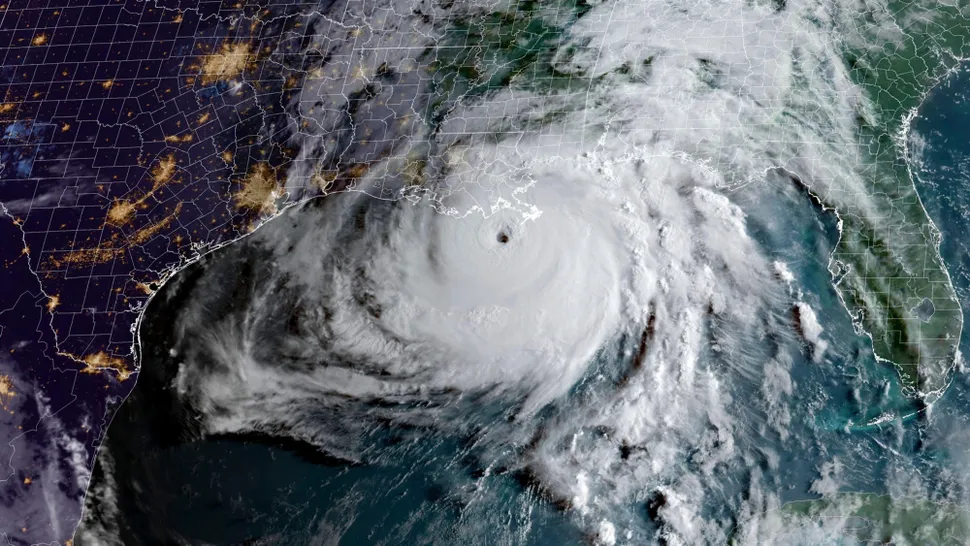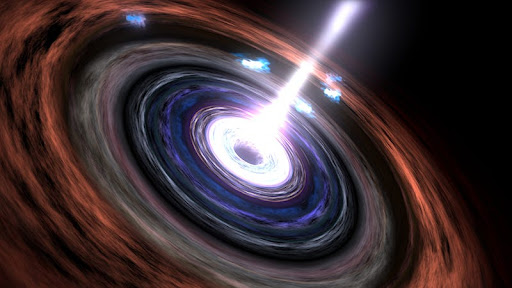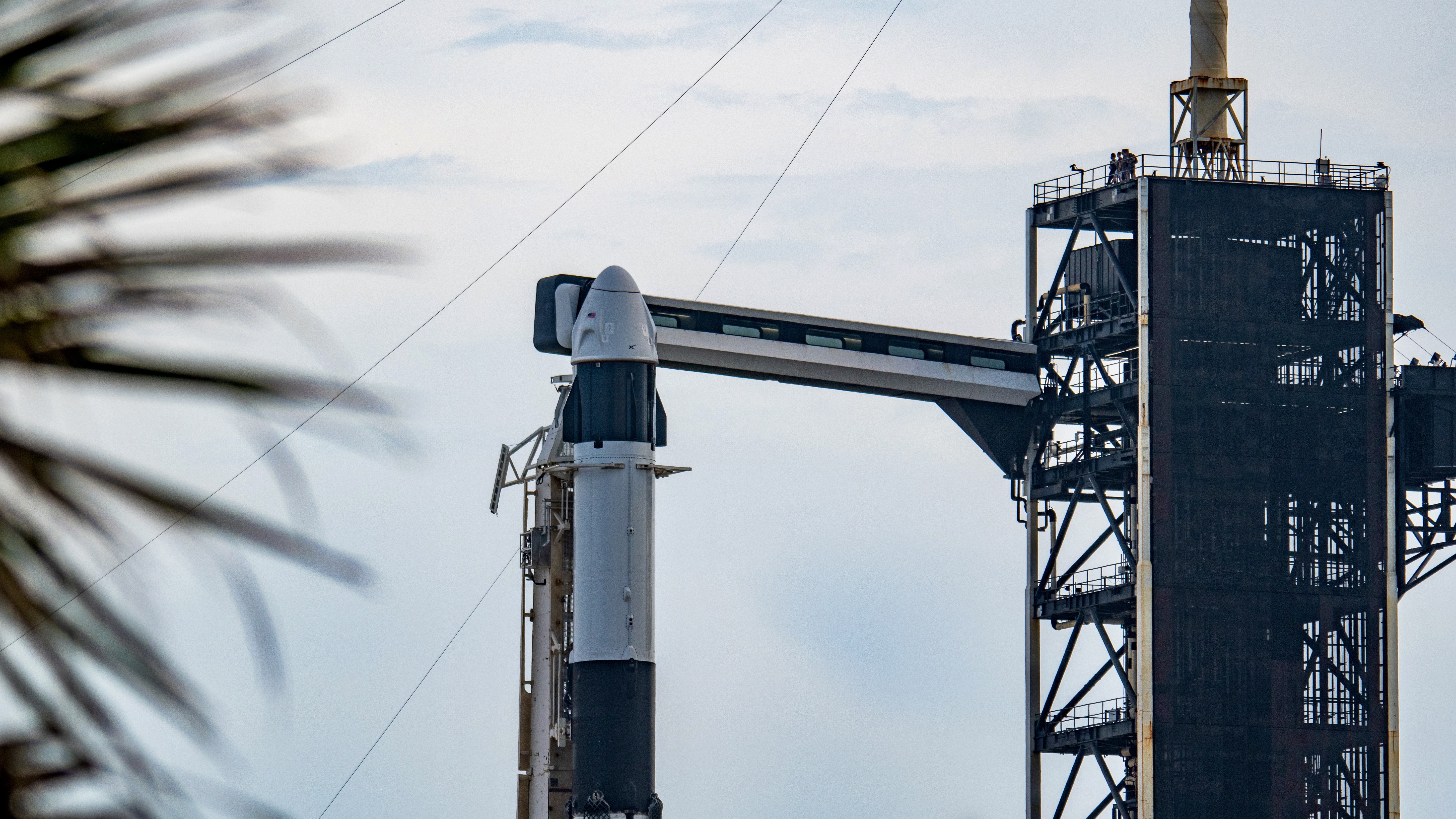Science
Explore Science
Latest about Science
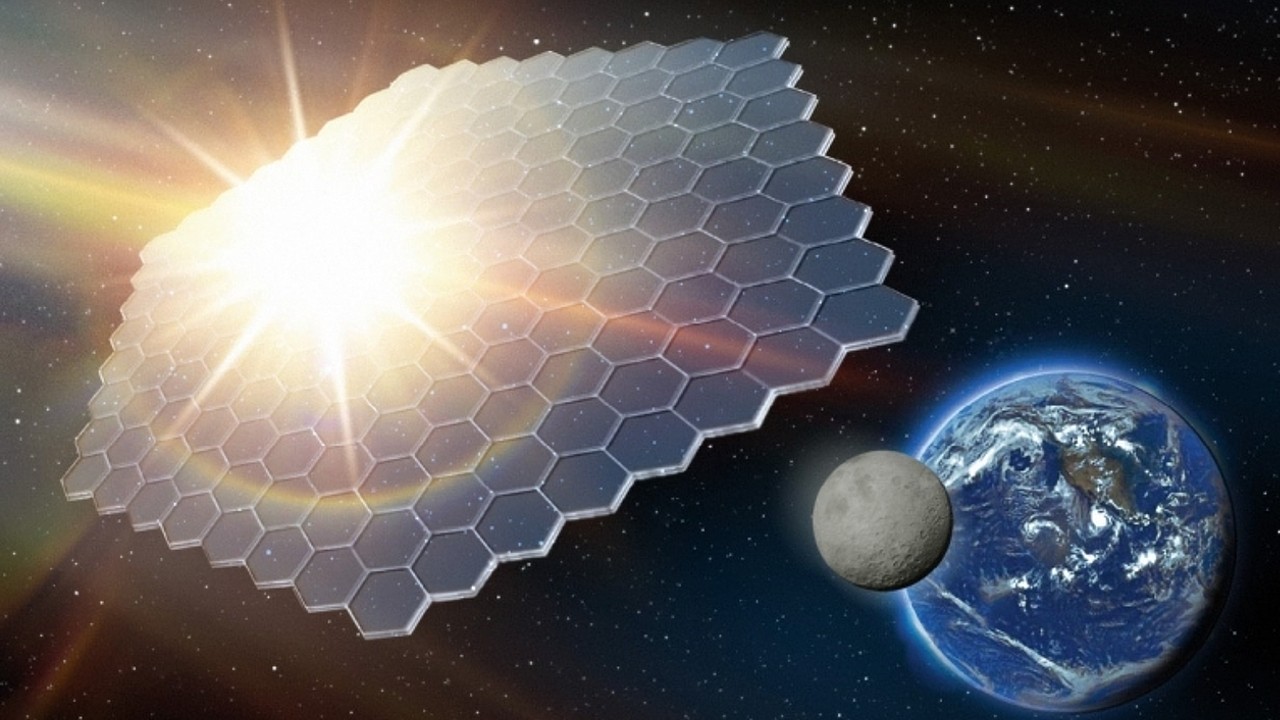
These scientists want to put a massive 'sunshade' in orbit to help fight climate change
By Leonard David published
A group has been formed to study and promote a space-based sunshade as a method to help fend off global climate change.

Experts are certain 2023 will be 'the warmest year in recorded history'
By Harry Baker published
After the warmest autumn ever, researchers are confident 2023 will be the hottest year on record before it has even finished.
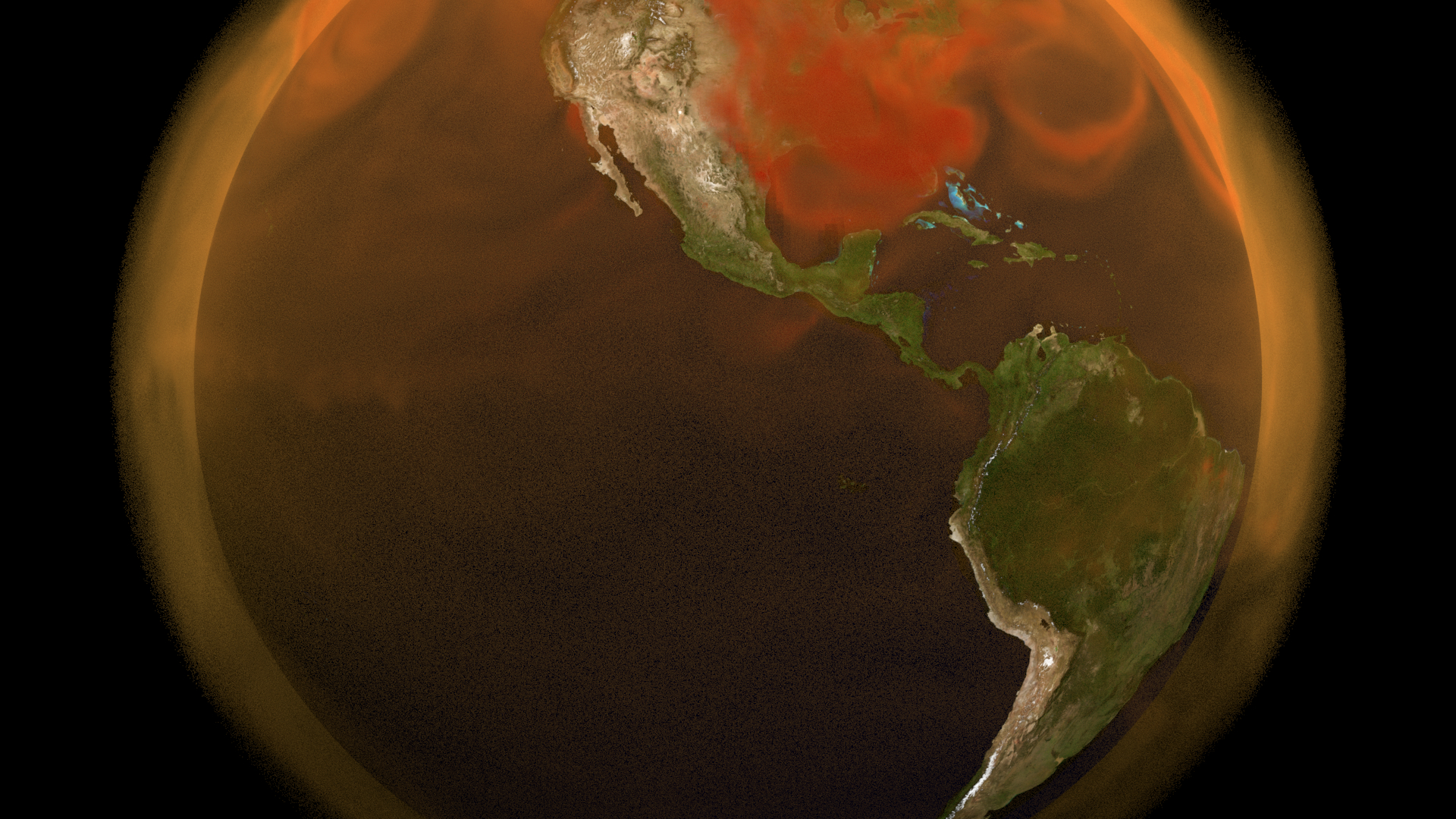
NASA's new 'Greenhouse Gas Center' tracks humanity's contribution to climate change
By Meredith Garofalo published
NASA is at the forefront of a new greenhouse gas hub that will provide more important information to aid in efforts to combat climate change.
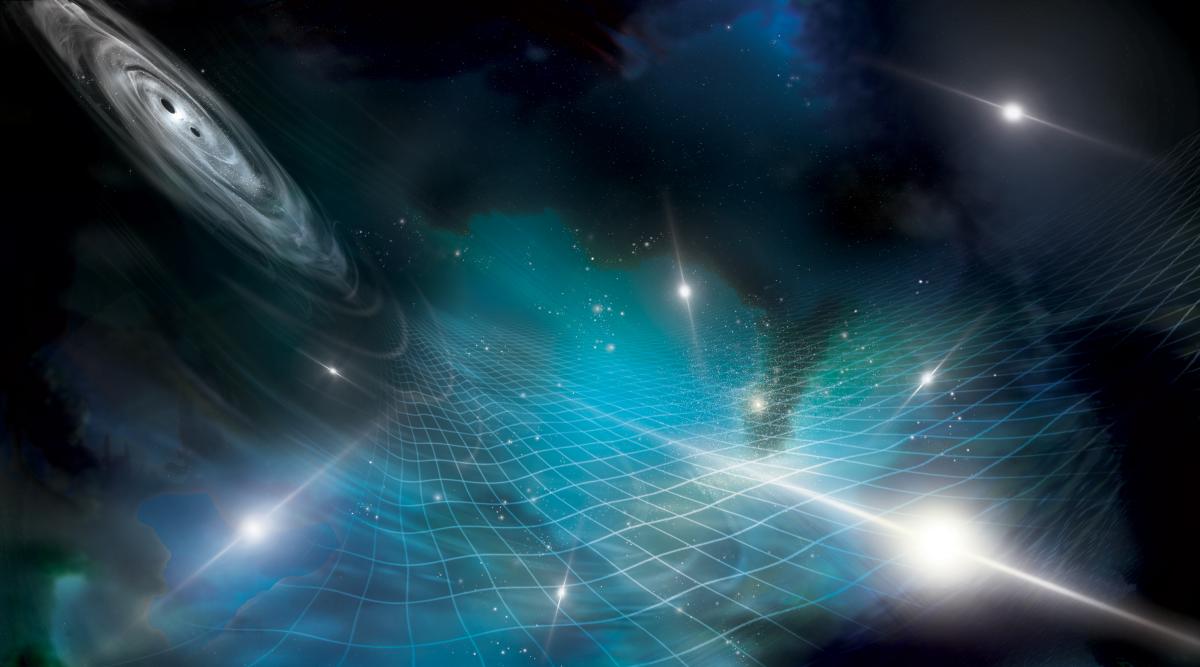
'Wavy space-time' may explain why gravity won't play by quantum rules
By Robert Lea published
A novel theory of 'wavy space-time' suggests that the division between our best descriptions of the universe on its smallest and largest scales may be because gravity does not play by quantum rules.
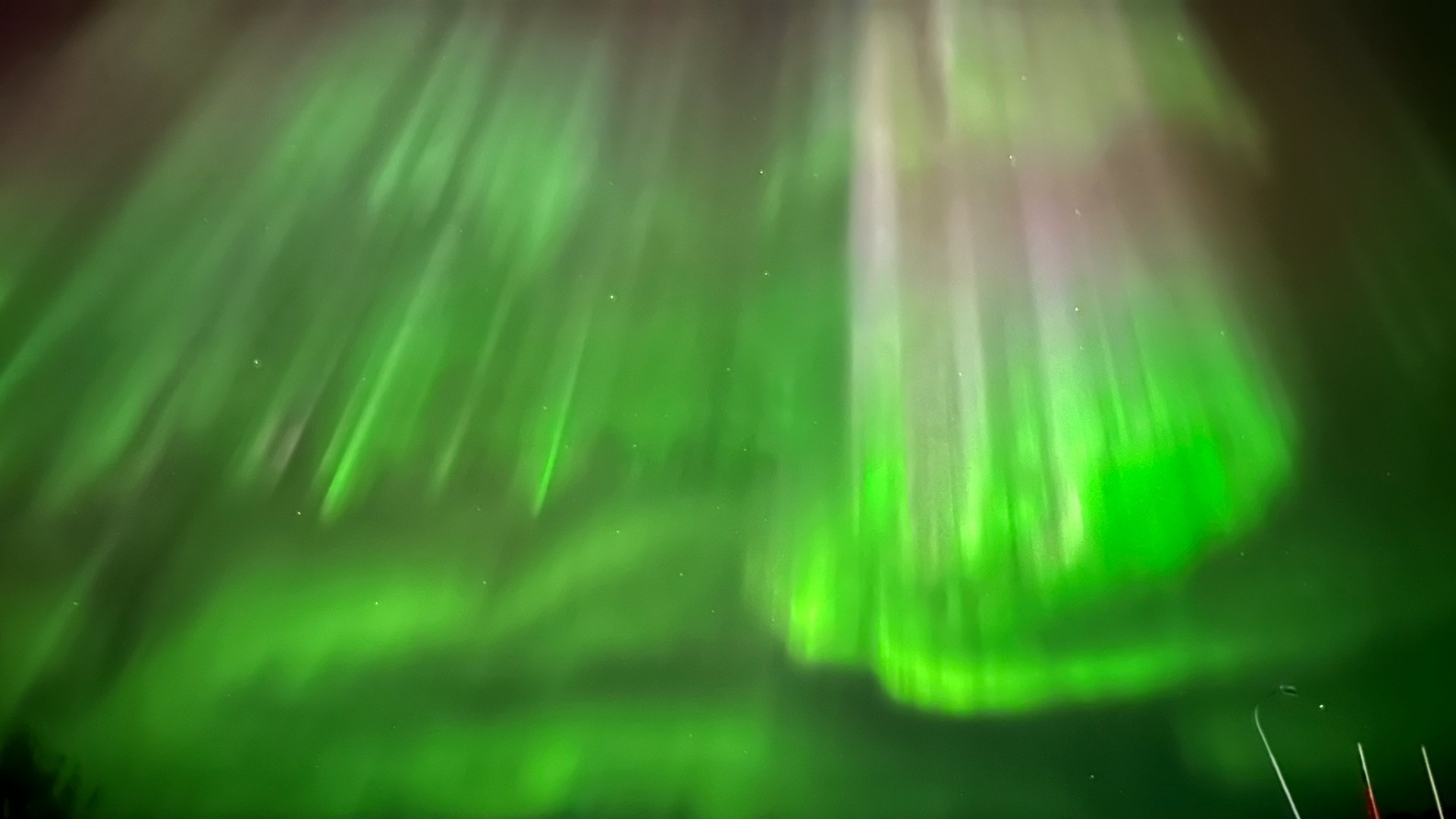
Historic magnetic storms help scientists learn what to expect when one hits
By Elizabeth Fernandez published
Magnetic storms can create amazing auroras, but they also have the capacity to impact our power grid.
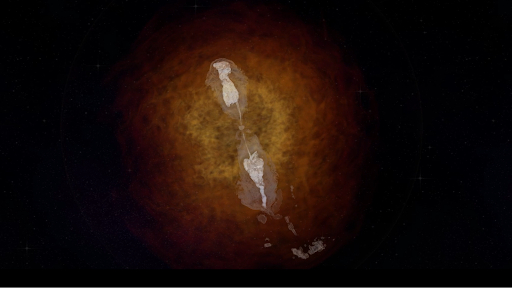
The elusive origins of long gamma-ray bursts may finally be revealed
By Robert Lea published
New research helps resolve the mystery surrounding strange long gamma-ray bursts, suggesting these blasts of high-energy radiation emerge from collisions of neutron stars that birth black holes.
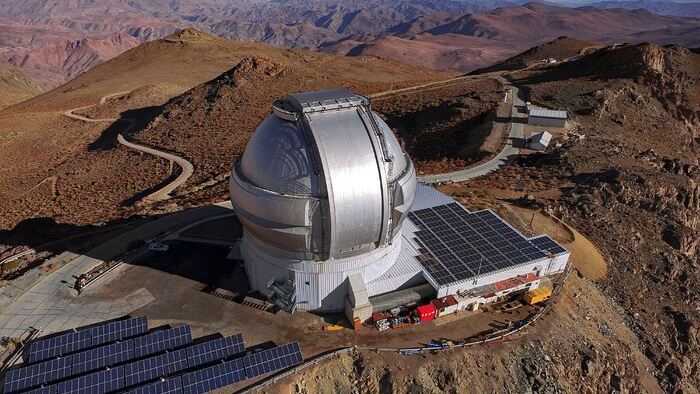
Gemini South Telescope in Chile to run solely on clean energy by 2027
By Sharmila Kuthunur published
NOIRLab says it's on track to halve its planet-warming emissions by the end of 2027.
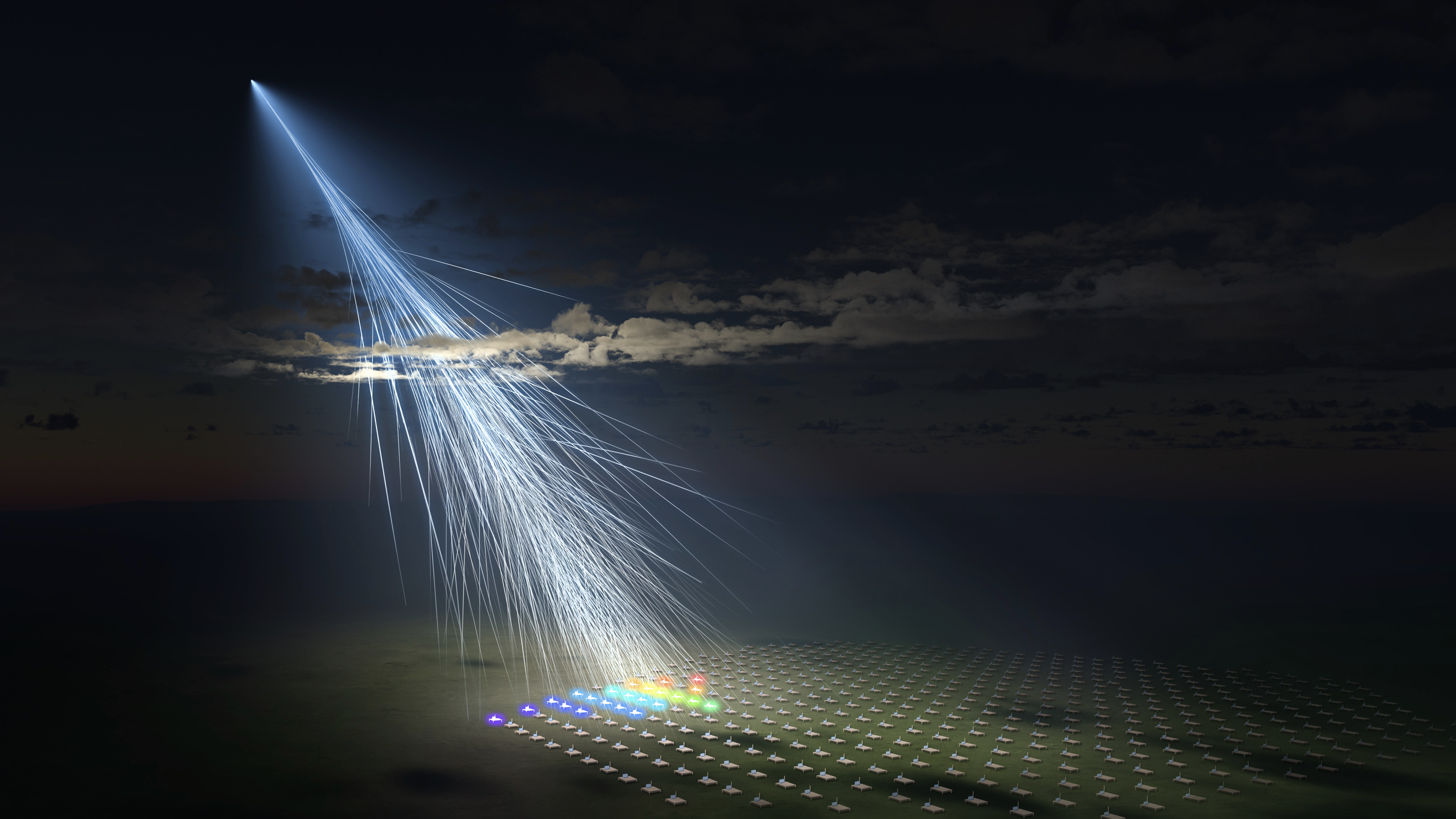
High-energy 'sun goddess' particle opens possibilities for new physics, exciting scientists
By Robert Lea published
Scientists have discovered a mysterious, highly energetic "sun goddess" particle that could act as a messenger for some of the universe’s most powerful events.
Get the Space.com Newsletter
Breaking space news, the latest updates on rocket launches, skywatching events and more!
